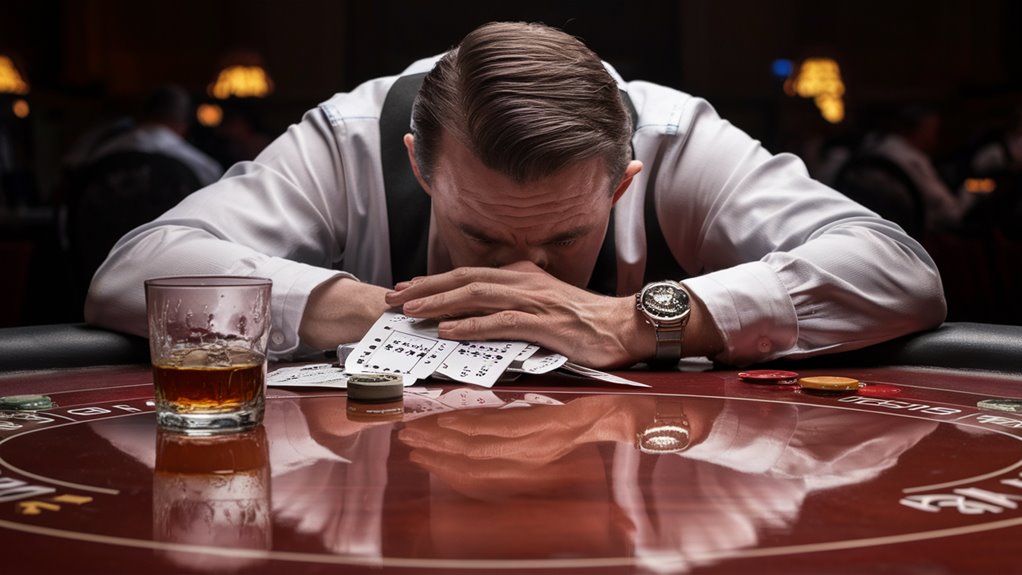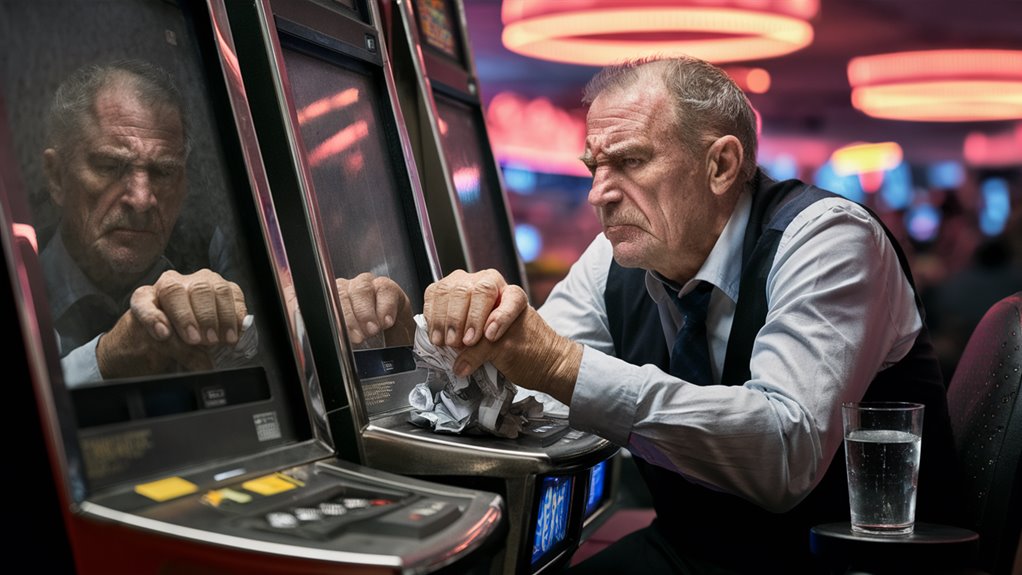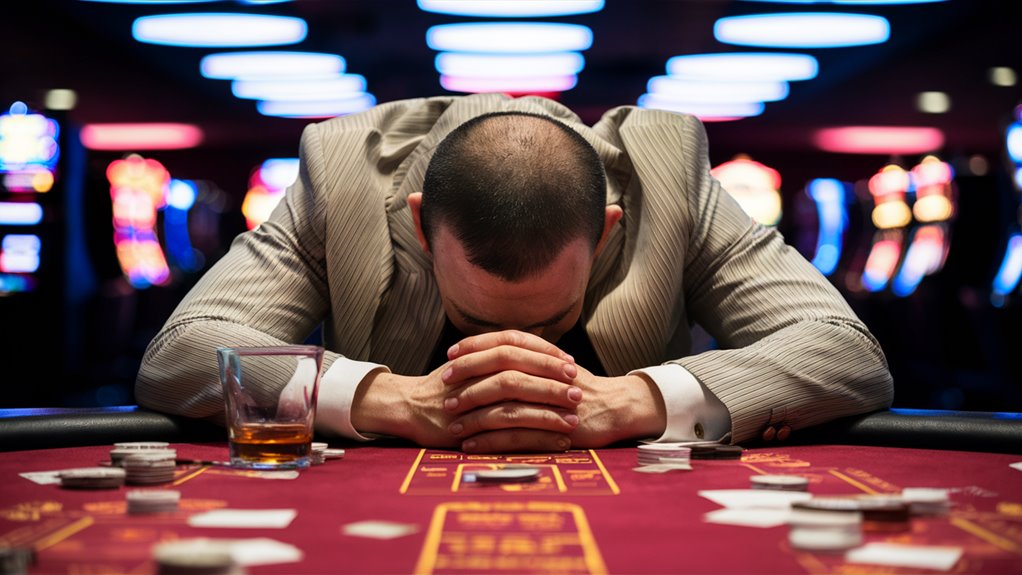How We Feel When We Lose in Gambling: Learn How to Handle Your Feelings

How Our Brain Reacts to Loss
When we lose in gambling, our brain and feelings react twice as much as when we win. The part of the brain called the amygdala lights up when we lose. This starts changes in our body like more stress, fast heartbeat, and tight muscles. These changes can make it hard for us to think clearly and make good choices. 공식 검증 방법 보기
Getting Out of the Loss Cycle
When we lose and feel bad, we may start chasing our losses. This means we keep gambling to try and win back our money. This can get worse quickly. After a loss, our brain’s happy system doesn’t work well, and this makes us:
- Feel much stronger emotions
- Make poorer choices
- Take bigger risks
- Act on impulse more
Ways to Handle These Feelings
Using the STOP Way
Try the well-tested STOP method to take charge:
- Stop what you’re doing
- Take a deep breath
- Check how you’re feeling
- Think well before doing anything else
Focusing Your Mind
Putting your mind to work can cut down on gambling too much by 40%. Doing it often helps:
- Control your feelings better
- Make clearer choices
- Control impulses
- Keep your mind steady
Knowing how our bodies and minds react and using methods to stay calm helps us handle tough times in gambling better.
Why We Hate Losing
The Thoughts Behind Hating Loss
We don’t like to lose. Losing money feels twice as bad as the joy of winning the same amount. This strong feeling changes how we handle money and judge risks.
Studies show that the pain of losing $100 feels twice as bad as the happiness of gaining $100. This affects the choices we make with money badly.
What Our Brain Does and How We Act

Losses light up the amygdala in our brain more with bad results than good ones.
This strong reaction to loss makes us do things that aren’t helpful, especially with money. This basic thing about us makes us act riskier when we keep losing.
How to Deal with This
To fight the dislike for loss, using planned ways to take risks helps a lot. Good ideas include:
- Having clear loss limits before making money decisions
- Thinking about results over time, not just one-time events
- Becoming aware of what sets off our risky choices
- Being systematic in how we decide about money
Our habits of avoiding loss influence how we see risks and make choices in various money situations. Knowing and managing these feelings lets us make smarter and more balanced money choices, leading to better results.
What Makes Us Gamble More
The Influence of Losing and Winning in Our Gambling Minds
Hating to lose is a big part of why gambling draws us in so much.
Several triggers in gambling make us want to keep playing and make it hard to think straight.
Studies show that almost winning lights up the same happy paths in our brain as really winning. This makes us want to keep playing even when we keep losing.
How The Gambling Place Affects Us
The gambling spot’s light, sounds, and feels set off a lot of dopamine in our brains.
This gets stronger with our feelings like stress, worry, or sadness.
People often gamble more when they need money or want to forget their troubles.
What Happens in Our Body and Mind
Waiting to win can make us feel excited in a way that hooks us. Physical signs include:
- Heart beating faster The Top Strategies for Beating Online Slot Machines
- Body reacting on its own
- Feeling like time is changing
- Sweating more
These body signs mix with thinking errors like the gambler’s mistake – believing a win is coming after many losses.
Knowing these emotional triggers is key in creating strong ways to control ourselves and keep our gambling in check.
